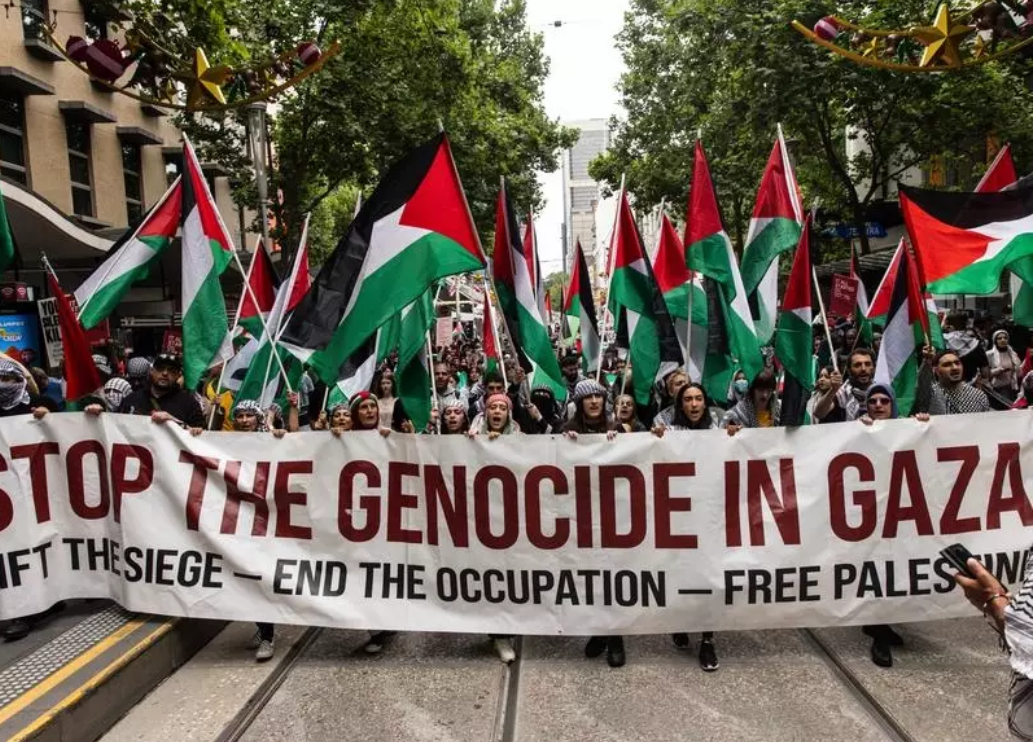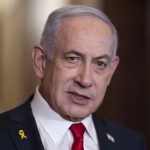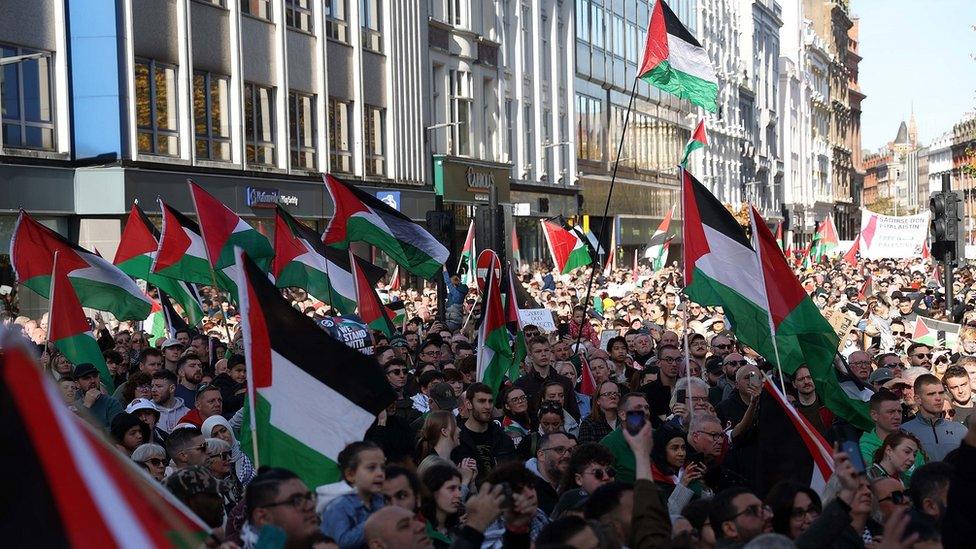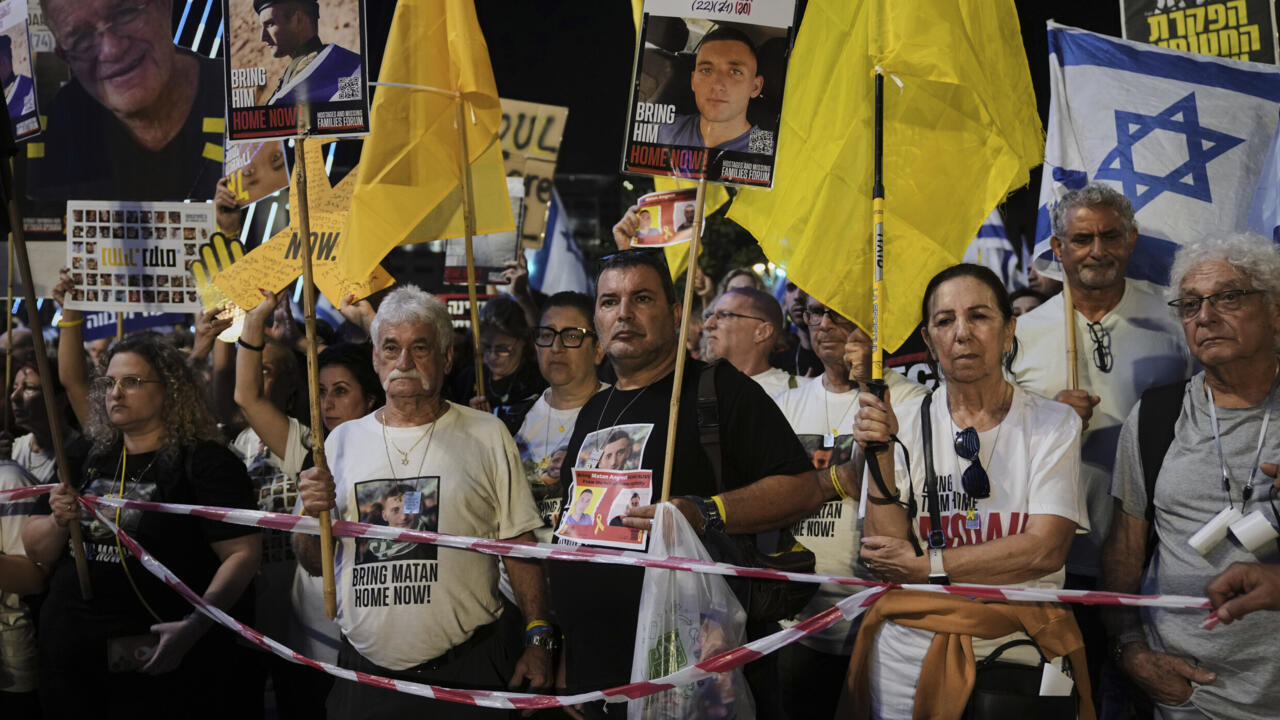A United Nations report has sparked international uproar after it accused Israel of committing genocide in Gaza, marking one of the most severe condemnations from the global body in decades. The findings, described as damning and unprecedented in scope, suggest that Israel’s ongoing military campaign has breached international law, specifically the 1948 Genocide Convention created in response to the Holocaust.
- Understanding the UN’s Genocide Report
- What the Findings Reveal
- Historical Context: The Genocide Convention
- Israel’s Response
- The Humanitarian Catastrophe in Gaza
- Global Reaction and Diplomatic Fallout
- Legal Pathways and the Role of the ICC
- Comparisons to Other Global Conflicts
- Media Coverage and Public Perception
- Voices from Gaza
- The Role of the United States
- The Path Ahead for Israel and Gaza
- Frequently Asked Questions
- What does the UN report accuse Israel of in Gaza?
- How does Israel respond to the genocide allegations?
- What is the significance of the Genocide Convention in this context?
- Could Israel face prosecution at the International Criminal Court?
- How has the global community reacted to the report?
- What impact does this have on Palestinians in Gaza?
- Conclusion
The report alleges systematic actions that could amount to the deliberate destruction of a people, a charge Israel has categorically denied, calling it biased and politically motivated. The revelations not only intensify the moral and legal scrutiny surrounding Israel’s conduct in Gaza but also raise pressing questions about accountability, justice, and the future of international diplomacy in one of the world’s most enduring conflicts.
Understanding the UN’s Genocide Report
The report was compiled after months of investigation, interviews with survivors, analysis of satellite imagery, medical records, and testimony from humanitarian organizations on the ground in Gaza. It concludes that Israel’s sustained bombardment, blockade, and systematic targeting of civilian infrastructure meet the criteria outlined in the Genocide Convention.
According to the UN, genocide involves not only mass killings but also actions designed to destroy a population’s ability to survive, including deprivation of food, water, shelter, and healthcare. The report emphasizes that the Gaza Strip, already under years of blockade, has been reduced to what one UN investigator described as “a zone of annihilation.”
What the Findings Reveal
The UN report presents a sobering picture of life in Gaza during Israel’s military operations. Hospitals have been bombed, residential neighborhoods flattened, and access to clean water severely restricted. The destruction of Gaza’s agricultural lands and food supply chains has left millions facing hunger. According to UN statistics, more than 30,000 Palestinians have been killed since the escalation began, with women and children making up a majority of the victims.
The report argues that these acts cannot be dismissed as collateral damage but rather point toward a deliberate strategy to erase Gaza’s ability to sustain human life. Bowen, a prominent UN correspondent, noted that the language of the findings is “scathing, unequivocal, and historic.”
Historical Context: The Genocide Convention
The 1948 Genocide Convention was born out of the ashes of World War II, a direct response to the Holocaust that claimed the lives of six million Jews. It defines genocide as acts committed with the intent to destroy, in whole or in part, a national, ethnic, racial, or religious group. The inclusion of Israel, a state founded partly as a sanctuary for Holocaust survivors, in such allegations carries a deeply ironic and painful weight.
Legal experts argue that if proven, Israel’s actions could trigger severe consequences, including sanctions, arms embargoes, and potentially prosecutions before the International Criminal Court. The symbolic weight of accusing Israel of genocide, given its history, ensures that the report will resonate far beyond the corridors of the UN.
Israel’s Response
Israel has vehemently rejected the report, labeling it “shameful” and “morally bankrupt.” Government officials insist that the military operations are aimed solely at dismantling Hamas, which launched devastating attacks on Israeli civilians. Israeli Prime Minister Benjamin Netanyahu stated that the report represents a “gross distortion of reality,” accusing the UN of harboring institutional bias against Israel.
The Israeli Defense Forces (IDF) argue that measures are taken to minimize civilian casualties, pointing to warnings issued before airstrikes and humanitarian corridors created during the fighting. Critics, however, contend that such claims ring hollow in the face of mounting civilian death tolls and the destruction of Gaza’s essential infrastructure.
The Humanitarian Catastrophe in Gaza
The UN’s findings are underscored by the worsening humanitarian crisis in Gaza. Aid organizations warn that the enclave is on the brink of famine, with over 80 percent of its population displaced. Families are forced to live in makeshift tents, often without access to clean water or electricity. Doctors have described operating without anesthesia, and patients are dying due to lack of medicine.
International NGOs such as Médecins Sans Frontières have described Gaza as a “graveyard for children,” echoing the UN’s assertion that life there is unsustainable. The report argues that the deliberate targeting of hospitals, schools, and bakeries demonstrates intent to cripple civilian survival, meeting the legal threshold for genocidal acts.
Global Reaction and Diplomatic Fallout
The UN report has reverberated across the globe, polarizing nations and intensifying debates in international forums. Many countries in the Global South, as well as human rights organizations, have welcomed the findings, demanding accountability and sanctions against Israel. Conversely, Western allies such as the United States and the United Kingdom have distanced themselves from the report, warning that its conclusions could undermine peace negotiations and security cooperation.
U.S. officials have reiterated their support for Israel’s right to defend itself, while European leaders remain divided, with some calling for investigations and others urging restraint. The geopolitical implications of the report are profound, potentially reshaping alliances and inflaming tensions in the Middle East.
Legal Pathways and the Role of the ICC
One of the most pressing questions raised by the report is whether Israel could face legal consequences. The International Criminal Court (ICC) already has an open investigation into alleged war crimes committed in Gaza. If the UN’s genocide findings are adopted by member states, they could bolster calls for prosecutions at The Hague.
However, political obstacles remain formidable. Israel is not a signatory to the ICC, and its powerful allies, particularly the United States, could shield it from international prosecution. Still, the report provides a powerful legal and moral foundation for future accountability measures, keeping the issue alive in international legal forums.
Comparisons to Other Global Conflicts
The UN’s use of the term genocide is rare and often controversial. Historical cases, such as the Rwandan genocide of 1994 or the atrocities in Srebrenica during the Balkan wars, provide grim parallels. In those instances, delayed recognition and inaction by the international community led to catastrophic human loss.
Advocates argue that labeling Israel’s actions as genocide is not merely symbolic but a call to urgent action to prevent further loss of life. Critics caution against the political weaponization of the term, warning that overuse could dilute its legal and moral significance. Nonetheless, the comparison underscores the gravity of the allegations and the responsibility of the global community to respond decisively.
Media Coverage and Public Perception
Global media outlets have covered the UN report extensively, though often through sharply different lenses. In Western media, coverage tends to emphasize Israel’s security concerns and the complexity of the conflict. In contrast, media across the Arab world and in many developing countries highlight the humanitarian toll and frame Israel as an aggressor engaged in ethnic cleansing.
Social media has amplified these divides, with images and videos from Gaza sparking outrage and solidarity movements worldwide. Protests have erupted in capitals from London to Jakarta, with demonstrators demanding stronger international action. The report has thus become not only a legal document but also a catalyst for shaping global public opinion.
Voices from Gaza
Perhaps the most powerful element of the UN’s findings is the testimony of survivors. Families describe fleeing bombardments only to find themselves trapped with no food, no medicine, and no safe place to go. Mothers recount watching their children die from malnutrition or injuries that went untreated due to hospital shortages.
Teachers speak of classrooms destroyed and generations of children robbed of education. These voices humanize the statistics, underscoring the lived reality of what the UN now classifies as genocidal acts. Bowen, in his coverage, emphasized that the weight of these stories makes the report impossible to ignore or dismiss.
The Role of the United States
As Israel’s most important ally, the United States faces mounting pressure in the wake of the report. Washington provides billions in military aid annually and has repeatedly used its veto power at the UN Security Council to shield Israel from censure. Human rights groups argue that continued U.S. support makes it complicit in the alleged genocide.
American officials, however, reject this framing, stressing that U.S. policy is driven by Israel’s right to self-defense and regional stability. Domestic debates within the U.S. are intensifying, with lawmakers, academics, and activists clashing over whether Washington’s unconditional support is sustainable in light of such serious allegations.
The Path Ahead for Israel and Gaza
The UN report leaves Israel and the international community at a crossroads. For Israel, the allegations threaten to deepen its global isolation and erode its legitimacy on the world stage. For Palestinians, the report offers validation of long-standing claims of systemic oppression, though without concrete action, it risks being another symbolic gesture.
Diplomats warn that unless tangible steps are taken to address the humanitarian crisis and hold violators accountable, the region risks descending into further cycles of violence. The report, scathing as it is, may yet prove to be a turning point if it galvanizes meaningful international intervention.
Frequently Asked Questions
What does the UN report accuse Israel of in Gaza?
The UN report accuses Israel of committing genocide in Gaza, alleging systematic actions such as mass killings, destruction of civilian infrastructure, and deprivation of food, water, and healthcare that aim to destroy the population’s ability to survive.
How does Israel respond to the genocide allegations?
Israel denies the allegations, insisting that its military operations target Hamas, not civilians. Officials argue that precautions are taken to minimize civilian casualties and accuse the UN of bias.
What is the significance of the Genocide Convention in this context?
The Genocide Convention, created in 1948 after the Holocaust, defines genocide as the intent to destroy a national, ethnic, racial, or religious group. If Israel’s actions meet this threshold, it could face legal and diplomatic consequences.
Could Israel face prosecution at the International Criminal Court?
While the ICC is investigating potential war crimes in Gaza, Israel is not a signatory to the court. Nonetheless, the UN report strengthens the legal case for accountability, though political obstacles remain.
How has the global community reacted to the report?
Reactions are divided. Many countries and human rights groups support the findings, calling for sanctions and accountability, while Western allies like the U.S. and U.K. have distanced themselves from the conclusions.
What impact does this have on Palestinians in Gaza?
For Palestinians, the report highlights the scale of suffering and validates claims of systemic oppression. However, without concrete international action, the humanitarian crisis in Gaza is likely to worsen.
Conclusion
The UN’s scathing report on Israel’s actions in Gaza represents a watershed moment in the history of the Israeli-Palestinian conflict. By using the weighty term genocide, the UN has elevated the crisis beyond a political dispute into a matter of universal human rights and international law.
While Israel rejects the allegations and its allies remain divided, the evidence presented paints a harrowing picture of life in Gaza and a grim indictment of the international community’s failure to prevent mass suffering. Whether the report leads to concrete action or fades into diplomatic inertia will determine not only the fate of millions of Palestinians but also the credibility of the global system designed to protect humanity from the darkest chapters of its past.













